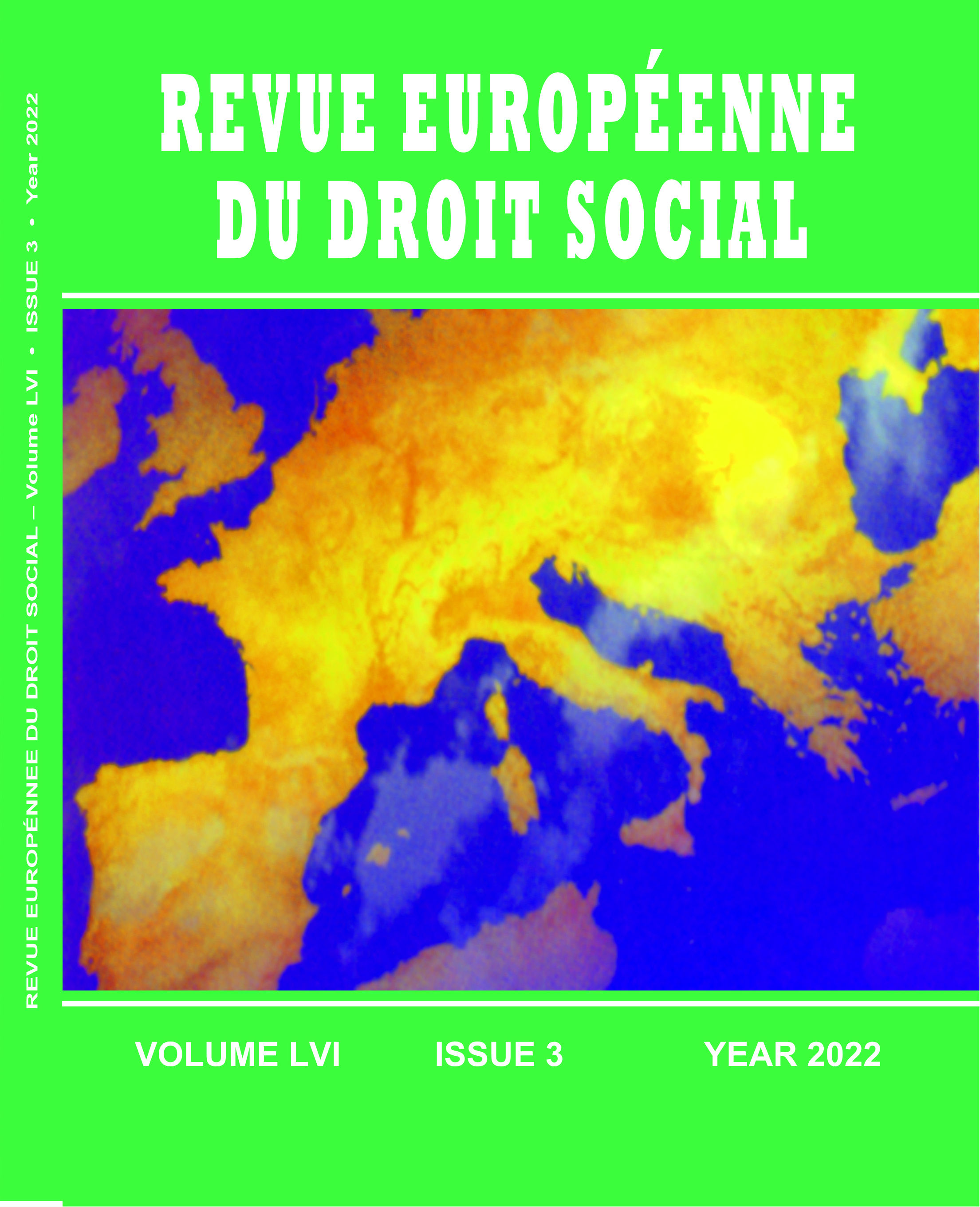FLEXIBLE WORKING, FLEXIBLE RULES
FLEXIBLE WORKING, FLEXIBLE RULES
Author(s): Máté Dávid AdriánSubject(s): ICT Information and Communications Technologies, Labour and Social Security Law
Published by: Editura Bibliotheca
Keywords: flexible work; new age; labour law regulation; new forms; technological advancement;
Summary/Abstract: The purpose of the rules on work has always been to improve the situation of a wide range of workers, to find a solution to the conflicting interests of the parties, thus avoiding exploitation of workers and making production balanced and in some respects sustainable. Throughout history, we can trace several “era changes” that have fundamentally reorganized the work activities of the working masses, affecting the legal relationship between the parties. With the technical development that is taking place today and the application of the new market model, we are also going through an era change. As a result of the challenges posed by technology, employees operate on new tools and in new forms, so the basic requirement for staying afloat in the labor market is to constantly acquire new knowledge. Changed and ever-changing conditions give rise to increasingly diverse forms of flexible working. Within the framework of the present study, I would like to give a brief overview of the possibilities that labor law regulation can provide to meet the needs of flexible working. I will focus on some of the legal institutions of the current Hungarian Labor Code, as well as their revision. As highlighted during the codification of the current Labor Code, "labor laws have been enacted to protect workers in factories, and the dominance of the service sector in the labor market justifies different needs and protection.
Journal: Revue Européenne du Droit Social
- Issue Year: 56/2022
- Issue No: 3
- Page Range: 86-99
- Page Count: 14
- Language: English

